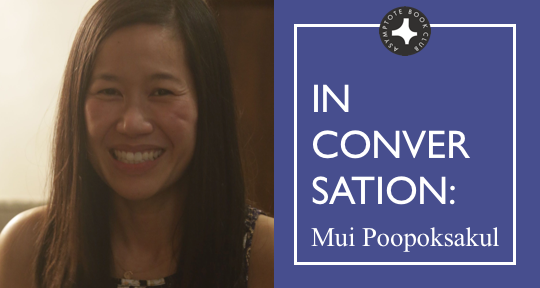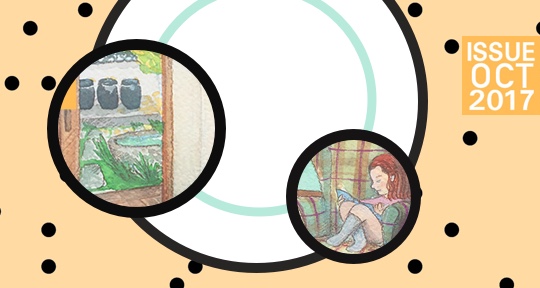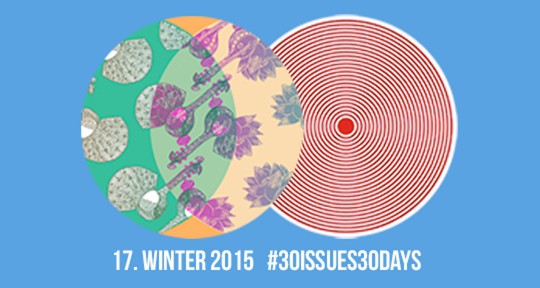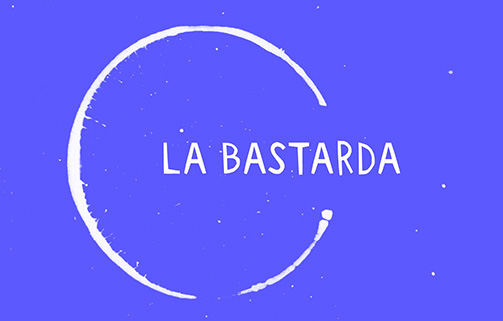The Best Translated Book Awards longlist was announced yesterday, and it included Naivo’s singular novel, Beyond the Rice Fields. The first novel from Madagascar to be translated into English (from the French by Allison Charette), it comprises a narrative that unfolds like palm fronds. Set in 19th-century Madagascar, the narrative stem follows the evolving relationship between Tsito, a boy sold as a slave to a trader, Rado, and the trader’s daughter, Fara.
Naivo (the pen name of Naivoharisoa Patrick Ramamonjisoa), who is also a journalist, pairs a reporter’s unflinching approach to storytelling with a poetic style and distinctive orality that stems from the Malagasy literary tradition. The story moves from the Madagascan highlands through the midlands to the country’s capital, Antananarivo, the ‘City of Thousands’, and even to England. Through it all, the concept of “frontiers”—between traditions, social classes, countries, and historical moments—is posed as a question: how do we close the interstices between beliefs, and the gulfs between each other?
In Beyond the Rice Fields, Madagascar’s brutal history is revealed through individuals whose journey, relationship and thoughts are as important as the larger historical narrative, which sweeps them along, but is never in danger of sweeping over their story. In one instance, Fara’s grandmother’s tales dissolve into the outcome of the primary narrative. Here, the past is not viewed as finished, nor the present as momentary; rather, Naivo shows that the past is still with us, and that we are part of the past. This is evident even in his phrasing: the “evil red crickets” of an invading tribe; the juxtaposition of terms like “judge” and “earth husbands” within the context of a trial-by-poison. Although Naivo paints the march of time as implacably brutal, his is not a moral nor critical view of history; crimes are committed—in the name of both tradition and progress—but what is more important is what endures: love, nation, storytelling.
Asymptote spoke to Naivo and Charette about inspiration, the process of writing and translation, and the literary scene in Madagascar.
Alice Inggs: Allison, How did you come across Beyond the Rice Fields and how did you come to translate it?
Allison M. Charette: Back in 2013, I randomly found out that no novels from Madagascar had ever been translated into English. I decided to help fix that, and ended up traveling there the next year to meet authors, learn the culture, and acquire books. Beyond the Rice Fields was one of the thirty-some-odd books I brought home, but it was a particularly good one: it had been recommended to me by a couple of booksellers and several authors, who all called it one of the best literary debuts they’d ever seen. I read it and loved it, so it was one of the top 5 novels that I wanted to start shopping around to American publishers. I was fortunate enough to receive a PEN/Heim grant for it in 2015, which is how Restless got interested. And the rest, as they say . . .
READ MORE…













